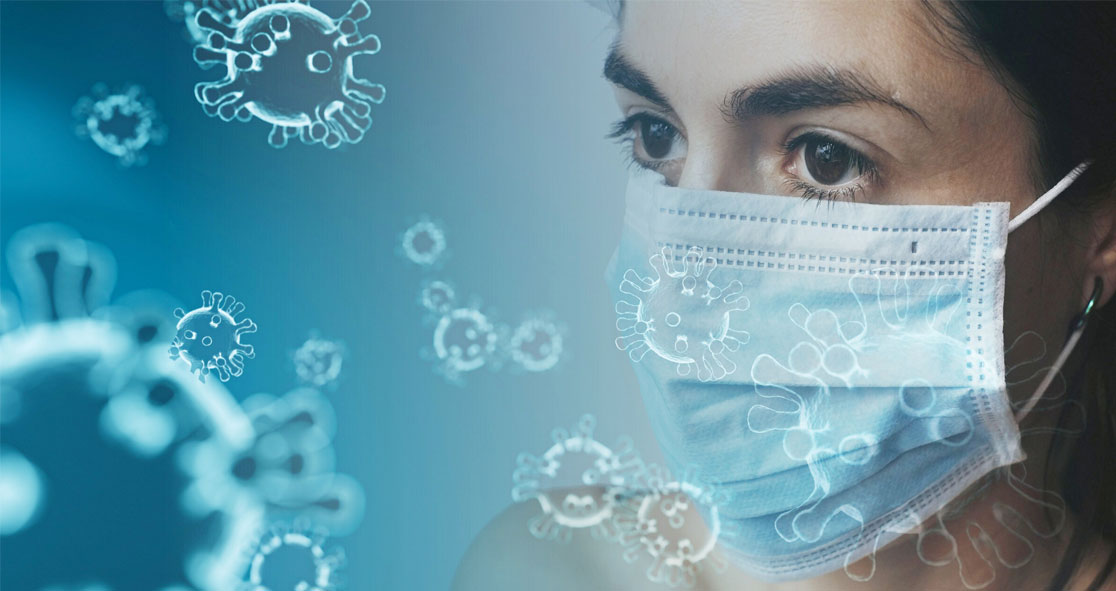A 42-year-old man from Virginia and a 25-year-old man from experienced reinfections of COVID-19 a couple of months after testing positive for the first time.
Genetic testing has shown that both men had two slightly different strains of the coronavirus, indicating that they had second bouts of COVID-19 infection.
The details of the cases, which are the first documented cases of COVID-19 reinfection in the United States, are published in the journal Clinical Infectious Disease on Sept. 19, 2020, and in The Lancet on Oct. 1, 2020.
Worldwide, about two dozen other cases of COVID-19 reinfection have been reported in Hong Kong, Belgium, India, the Netherlands, and Ecuador.
One more case in the United States, a 60-year-old in Washington, has been reported but it still has to be peer-reviewed.
Both the men had more serious coronavirus symptoms during their reinfections, potentially complicating the development of effective vaccines.
Immunobiologist Dr. Akiko Iwasaki of Yale University said, “Coronaviruses are known to reinfect people — the seasonal ones — and so it’s not very surprising to see reinfections occurring with this particular coronavirus.”
Dr. Iwasaki, who was not a part of the studies, said, “And the fact that there is more severe disease the second time around. It could be a one-in-a-million event, we don’t know. We’re just becoming aware of the reinfection cases, and they are just a handful among millions of people infected.”
Experts are trying to understand how common reinfections could be. They said if reinfection happens frequently, it could potentially complicate efforts to reach herd immunity, a level of community protection against the virus.
They say we need to tweak up vaccines to keep up with the virus as it mutates, with people needing more boosters to achieve and maintain their immunity against the virus.
Study author Dr. Mark Pandori of the Nevada State Public Health Laboratory said, “We need more research to understand how long immunity may last for people exposed to SARS-CoV-2 and why some of these second infections, while rare, are presenting as more severe.”
“So far, we’ve only seen a handful of reinfection cases, but that doesn’t mean there aren’t more, especially as many cases of COVID-19 are asymptomatic,” he added. “Right now, we can only speculate about the cause of reinfection.” The researchers have stressed the importance of protecting yourself from COVID-19 infection, even if you are sure you have had it before, by taking precautionary measures such as wearing a facemask in public, practicing social distancing, and washing your hands regularly.























